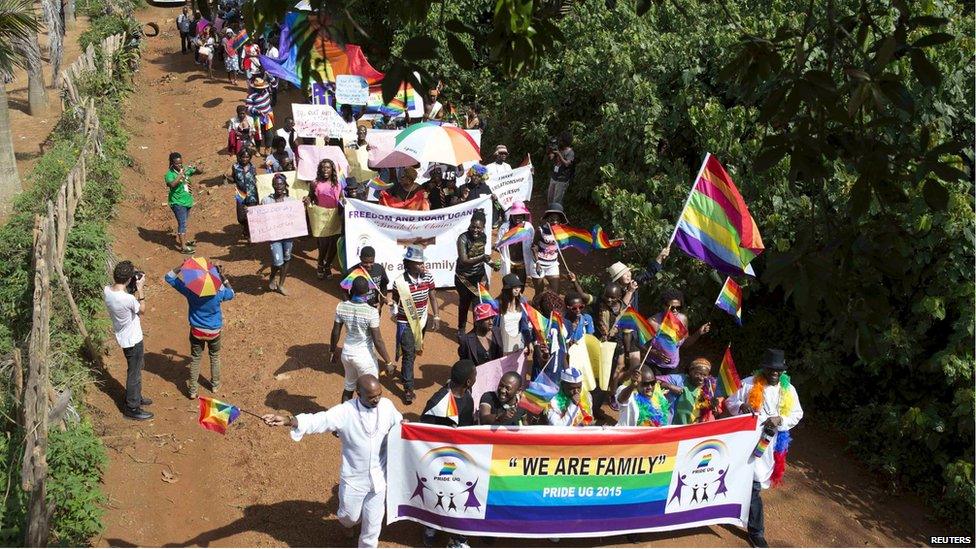
In a dramatic turn of diplomatic events, Senegal on Friday, July 12, 2025, compelled the United Nations and the Netherlands to cancel a planned LGBTQ+ rights event in Dakar, following intense government opposition and threats of sanctions.
The move has sparked widespread debate, highlighting the deep rift between international human rights standards and Senegal’s conservative legal and social framework.
The controversy erupted after a tweet by Senegalese Member of Parliament Guy Marius Sagna warned of a “discreet” meeting to discuss LGBTQI+ rights at the UN Human Rights Office in Dakar.
“The Netherlands is free to promote LGBTQ rights at home. Here, it’s not possible,” he wrote in a message that quickly went viral, triggering fierce backlash on social media.
The event—jointly organized by the UN and the Dutch embassy—was scheduled to include a film screening and discussions on LGBTQI+ issues.
Though modest in scale, it ignited outrage in a country where same-sex relationships are criminalized with penalties of up to five years in prison.
One of the participating organizations was Egides, a Francophone alliance for equality and diversity active in 33 countries. The focus of the event was reportedly linked to the “Miwa” project—meaning “We are here” in a local language—funded by Global Affairs Canada. While officially aimed at promoting women’s rights, the program’s LGBTQ+ dimension drew immediate scrutiny from Senegalese authorities.
The Senegalese Ministry of Foreign Affairs swiftly condemned the initiative, stating unequivocally: “Senegal does not accept any form of propaganda or promotion of the LGBTQI phenomenon on its territory.”
The government warned of “appropriate measures” against both organizers and participants, regardless of diplomatic status.
Under pressure, the UN and the Netherlands canceled the event.
UN spokesperson Seif Magango confirmed the decision, noting, “We are continuing to engage with the authorities.”
Meanwhile, the Dutch Ministry of Foreign Affairs issued a cautious statement, reaffirming its commitment to human rights while citing “various factors” behind the cancellation.
Conservative figures quickly hailed the move as a victory.
Prominent Islamologist Ahmadou Makhtar Kanté described it as a necessary defense against a “strategic offensive,” accusing Western governments of pushing LGBTQ+ agendas through NGOs and diplomatic missions.
The episode underscores a broader climate of repression. Article 319 of Senegal’s Penal Code continues to criminalize same-sex relations, and recent years have seen a spike in arrests, violence, and intimidation. Activist networks have withered under pressure, with many forced into silence or exile.
As global institutions retreat in the face of domestic resistance, the rift between universal rights and national sovereignty is deepening—raising urgent questions about the future of human rights advocacy in Senegal and beyond.



